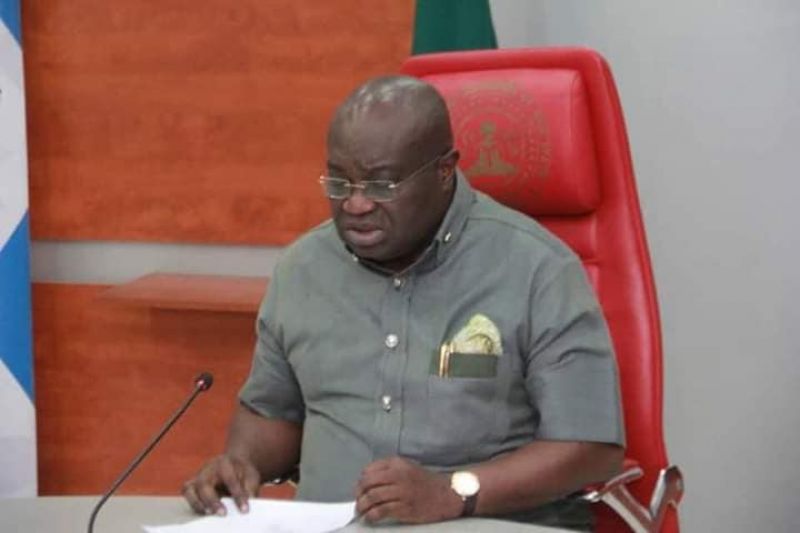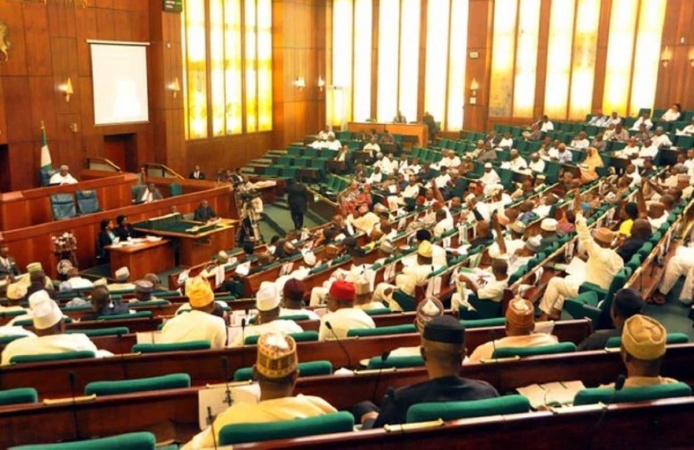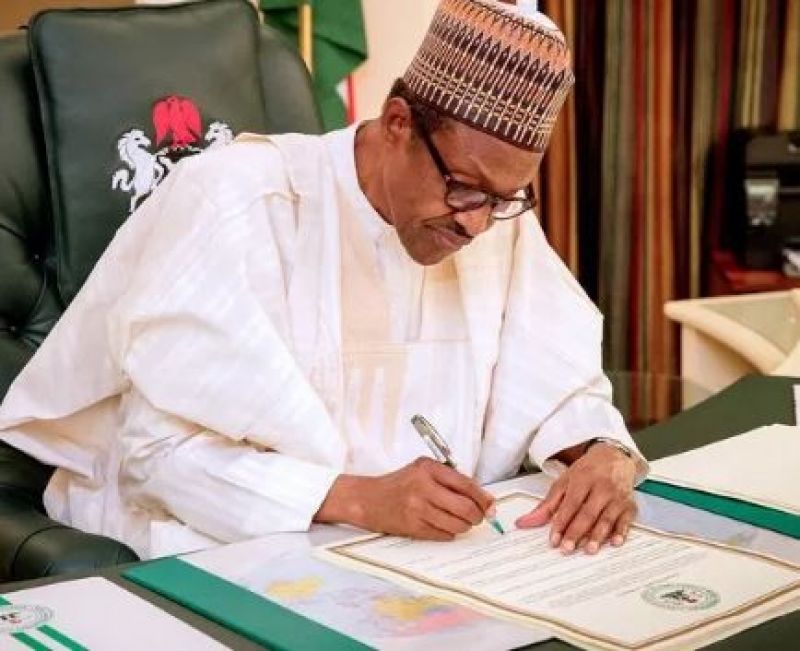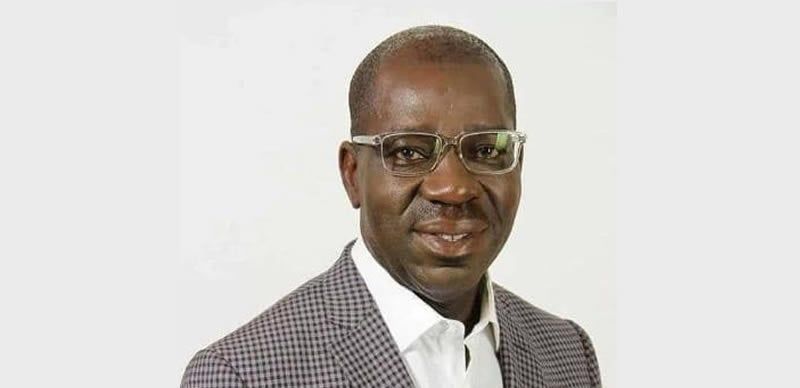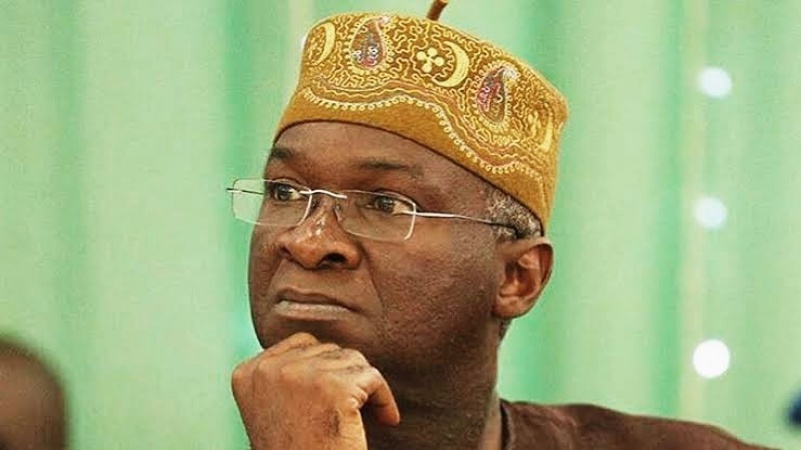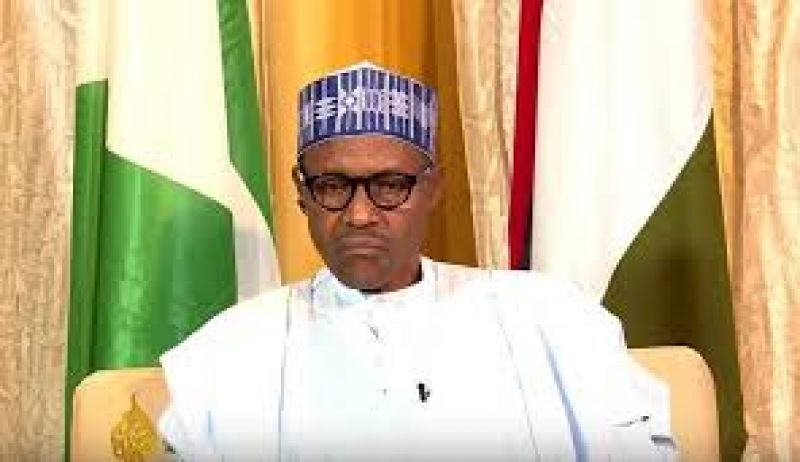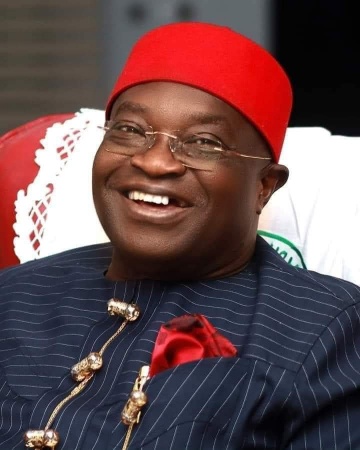Poverty Index: We Are Not Worried By Brookings Report – Minister
Posted by Admin | 6 years ago | 1,942 times
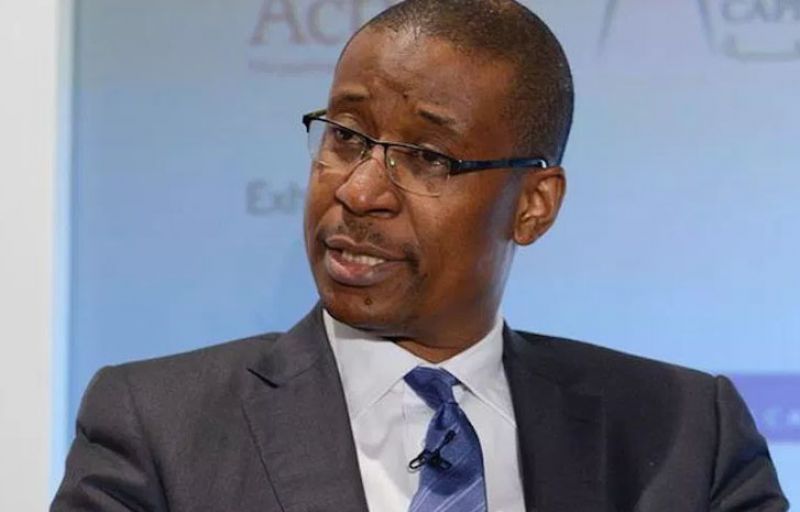
Federal Government on Wednesday reacted to the Brookings Poverty Index which indicated that Nigeria has emerged the poverty giant of the world, having overtaken India.
The Brookings Institution data which emanated from the World Poverty Clock recently indicated that Nigeria now has over 87 million people living in abject poverty.
But the Minister of Industry Trade and Investment, Okechukwu Enelamah, who is first senior government official to react to the damming report, said such report should be taken with a little pinch of salt as the infrastructural policies being implemented by the Federal Government would soon erode such biased poverty reports being brandished by some of the foreign institutions.
According to the Minister who spoke after the Federal Executive Council, FEC, meeting presided over by President Muhammadu Buhari at the State House, Abuja, said the report may have been compiled during the period when Nigeria was battling with recession.
He said with current programmes encapsulated in the Economic Recovery and Growth Plans (ERGP) including social welfare schemes being put in place, the narrative will change for the better soon.
Recall that the Brookings Index on poverty, which became public last week had also predicted that aside Nigeria which now occupies the number one position as early as 2018, the Democratic Republic of Congo will soon queue behind Nigeria on the number 2 spot.
“At the end of May 2018, our trajectories suggest that Nigeria had about 87 million people in extreme poverty, compared with India’s 73 million.
“What is more, extreme poverty in Nigeria is growing by six people every minute, while poverty in India continues to fall.
“In fact, by the end of 2018 in Africa as a whole, there will probably be about 3.2 million more people living in extreme poverty than there are today,” Brookings had stated.
In his reactions, Enelamah said further: “I think first, we need to understand when we get these reports that there are reports that are lagging in indicators which means people are reporting on history.
“There are reports that are leading indicators which means that they are forward looking and of course, there are reports that capture generally what you do which is current.
“They are actually dealing with what is current. So, when you get reports from Brooking Institute or all sorts of people, you need to look at the context. Somebody may have written a report when we were in recession.
“Remember that if you are in a recession, what it means is that even though, your population is growing, people don’t stop procreating, your growth fact, which means that in theory depending on how they run those numbers, you will be going the other way.
“There is absolutely no question that there is an urgency to create employment in Nigeria. And it has to be a collective responsibility. What I can tell you, with certainty based on one’s background in business and economics, is that if we complete the things on infrastructure and you implement these reports we are doing, that is what I mean by a leading indicator, poverty will go down.
“There is no magic to it. But you have to do it first; you have put in the infrastructure, you have to implement the economic programme which is what will create the opportunities; they don’t drop from the sky.
“So, I think we should roll up our sleeves as a people and do the work because, if we don’t do it, and our people continue to bear children obviously, they would get poorer. So, I don’t think we should kill ourselves that poverty is something just happening.
“I think it comes out of the urgent need we have as a country, which is why we are focusing as a government to make sure that we create the enabling environment, the infrastructure and the things that are required to create opportunities for our people and I believe that will happen in the process of time”.
Meanwhile, government has set aside at least N250billion to develop a-one-stop-industrial-hub where locally made products can be processed and packaged for export to the international market.
According to Enelamah, the programme, which will come in phases, will be spread evenly around the six geopolitical zones of the country.
Buhari also directed Ministries Department and Agencies (MDAs) of government to ensure strict compliance with the Ease of Doing Business policy, including the Executive Order 001.
Readers Comments
comment(s)
No comments yet. Be the first to post comment.
.jpg)
